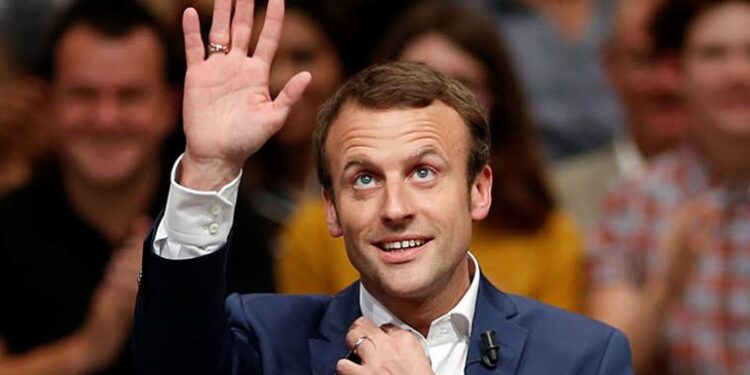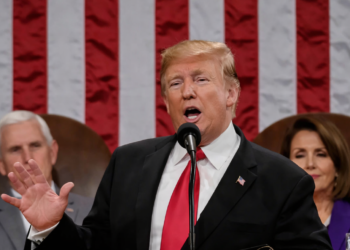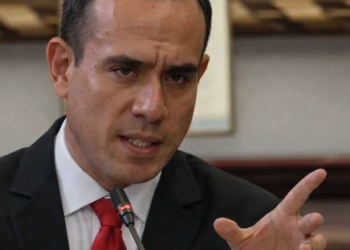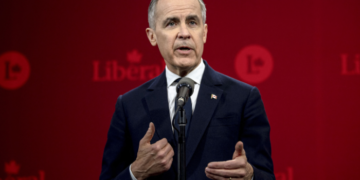With Monday’s election results in France revealing a win for the leftist Alliance, political allies across Europe have breathed a sigh of relief as the far right did not gain power. This outcome reflects a national lack of support for far-right dominance in parliament. Political allies had been apprehensive about the type of government the far right might form after the first round of elections suggested a possible victory. However, they noted that a messy coalition resulting from a hung parliament could also present challenges for Europe.
Far Right’s Defeat and Its Implications
Le Pen’s National Rally (RN) had been favored to top the polls, raising concerns about France potentially having its first far-right government since World War II. Such a development could have disrupted economic and foreign policy in the euro zone’s second-largest economy. Ukraine’s allies, in particular, feared that a Le Pen-led government might be lenient towards Moscow and reduce military aid essential to Kyiv since the Russian invasion in 2022, despite recent statements from her party acknowledging Russia as a threat.
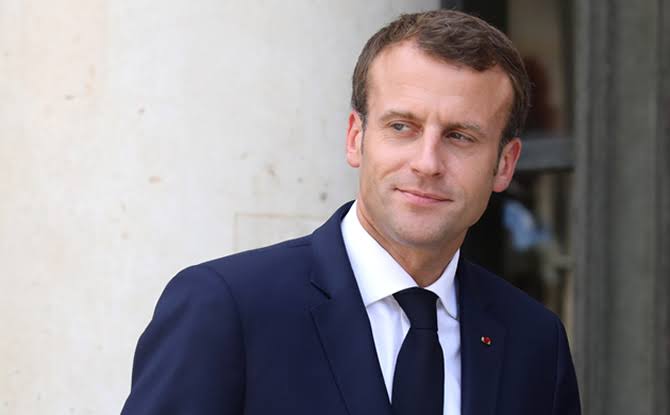
The National Rally’s defeat represents at least a temporary pushback against the far-right surge in Europe but could lead to instability with a new government in uneasy “cohabitation” with President Emmanuel Macron.
Reactions from Europe and Beyond
Germany’s Vice Chancellor Robert Habeck expressed relief over the lack of a far-right landslide, praising efforts to prevent nationalism from further complicating Europe’s situation. However, he acknowledged that the election results present significant challenges for France, Europe, and the German-French relationship.
Polish Prime Minister Donald Tusk noted the positive reactions in Paris, disappointment in Moscow, and relief in Kyiv, emphasizing a sense of happiness in Warsaw. Spanish Foreign Minister Jose Manuel Albares expressed satisfaction at the far right’s defeat, describing it as “completely contrary to European values.” Greece’s Socialist PASOK leader, Nikos Androulakis, commended the French people for upholding the principles of Liberty, Equality, and Fraternity against the far right, racism, and intolerance.
Supportive messages also came from leaders in Mexico and Venezuela, with Colombia’s President Gustavo Petro congratulating the French for preventing Le Pen from gaining power, calling it a defining moment for humanity’s fate. An EU official described the outcome as a “huge relief” but acknowledged uncertainties about its daily implications for Europe.
Challenges Ahead for Macron and Parliament
President Macron, who had called for the snap election, found his centrist party finishing second to the leftist Alliance but ahead of the far right, which placed third. Early reactions from abroad celebrated the avoidance of a far-right government, but the election left France divided between three large parties with no history of cooperation, complicating the path to political stability.
Economic and Political Uncertainties
A note from Capital Economics indicated that France might have avoided the “worst possible outcomes” for investors, which would have been an outright majority for either Le Pen or the leftists. However, a fractious parliament will make it difficult for any government to implement necessary budget cuts to comply with EU fiscal rules. The likelihood of clashes between France’s government (and other countries’ governments) and the EU over fiscal policy has increased with the reintroduction of the bloc’s budget rules.
Bottom Line
The recent election in France has averted the immediate threat of a far-right government, much to the relief of European and international political allies. However, the resulting hung parliament and the lack of cooperation between major parties introduce a period of political and economic uncertainty. As France navigates these challenges, its role in Europe and its domestic stability remain under scrutiny.

